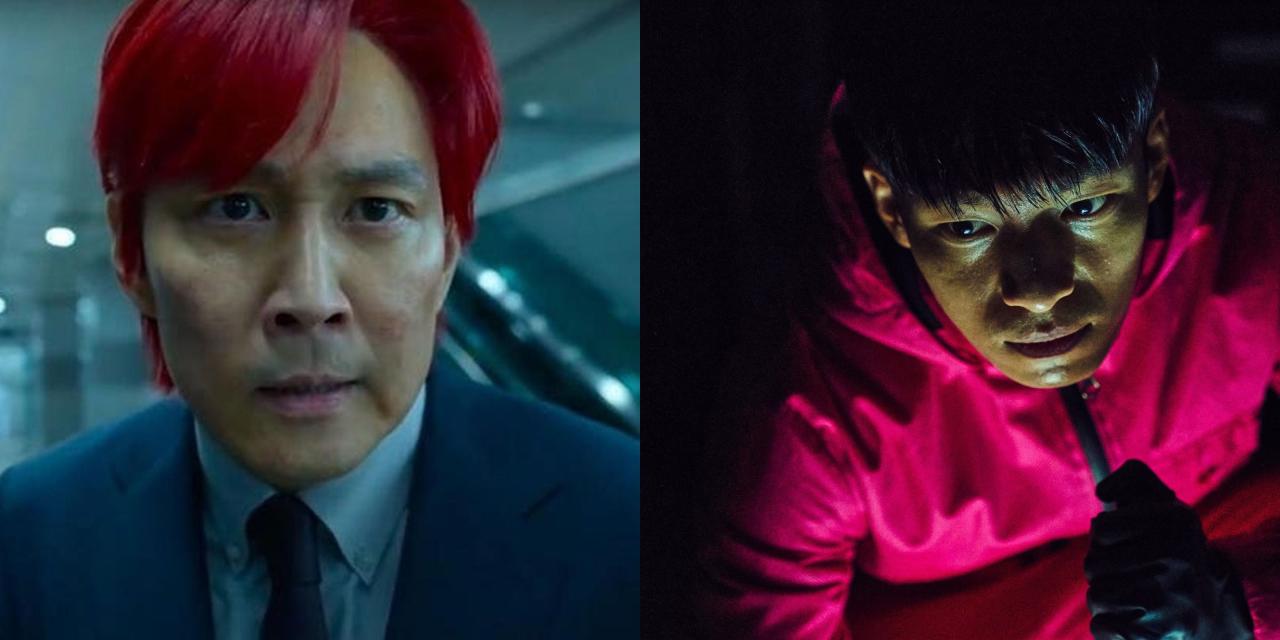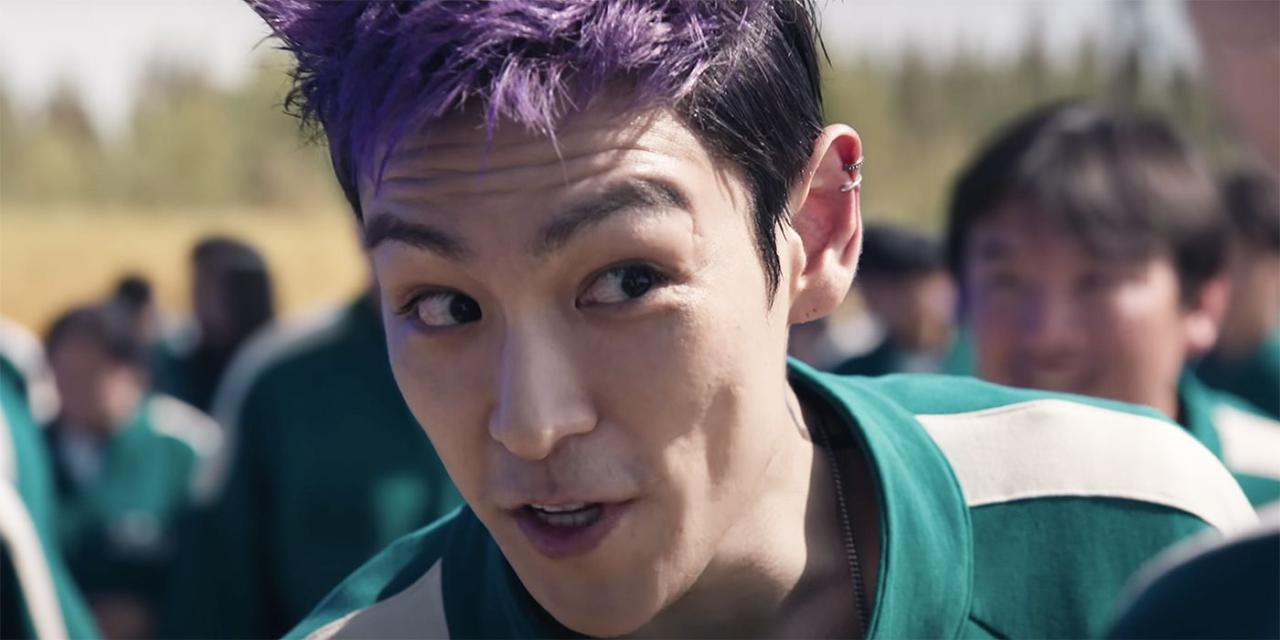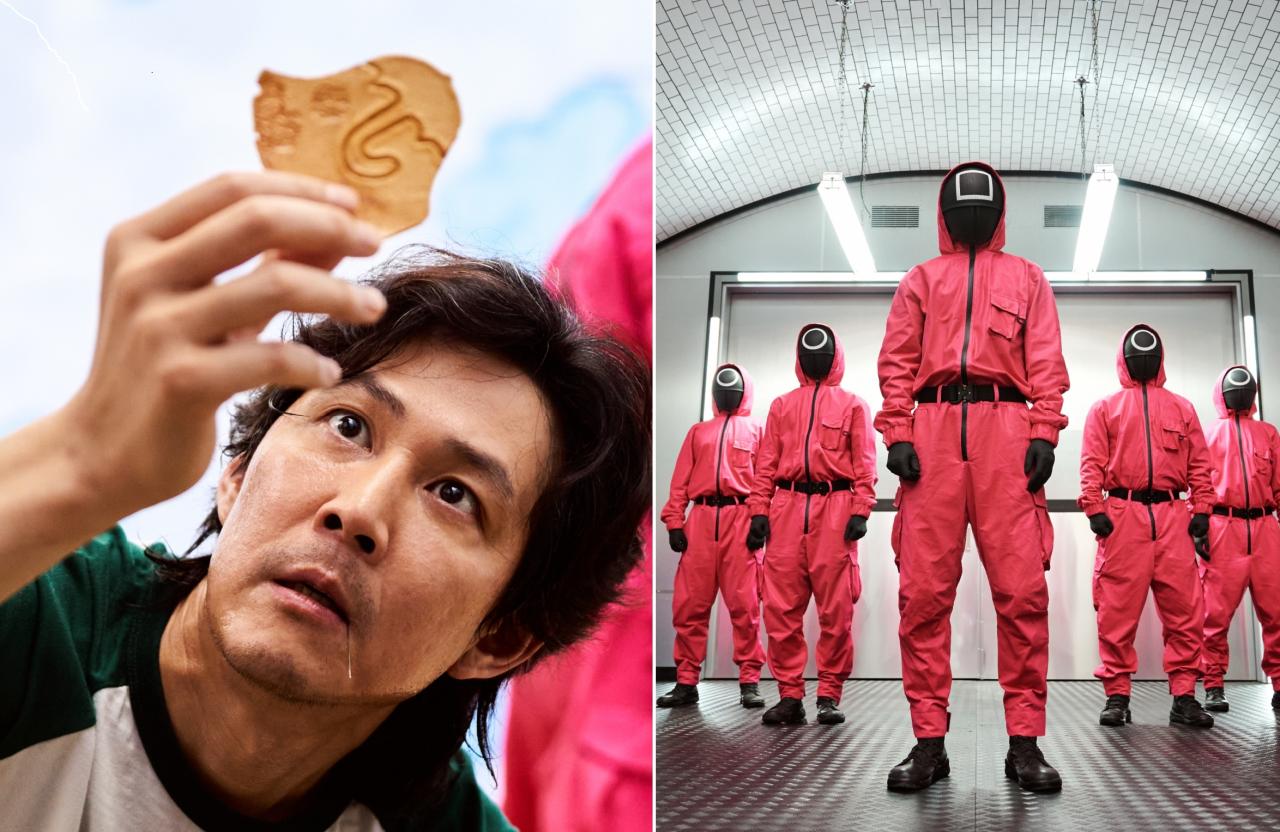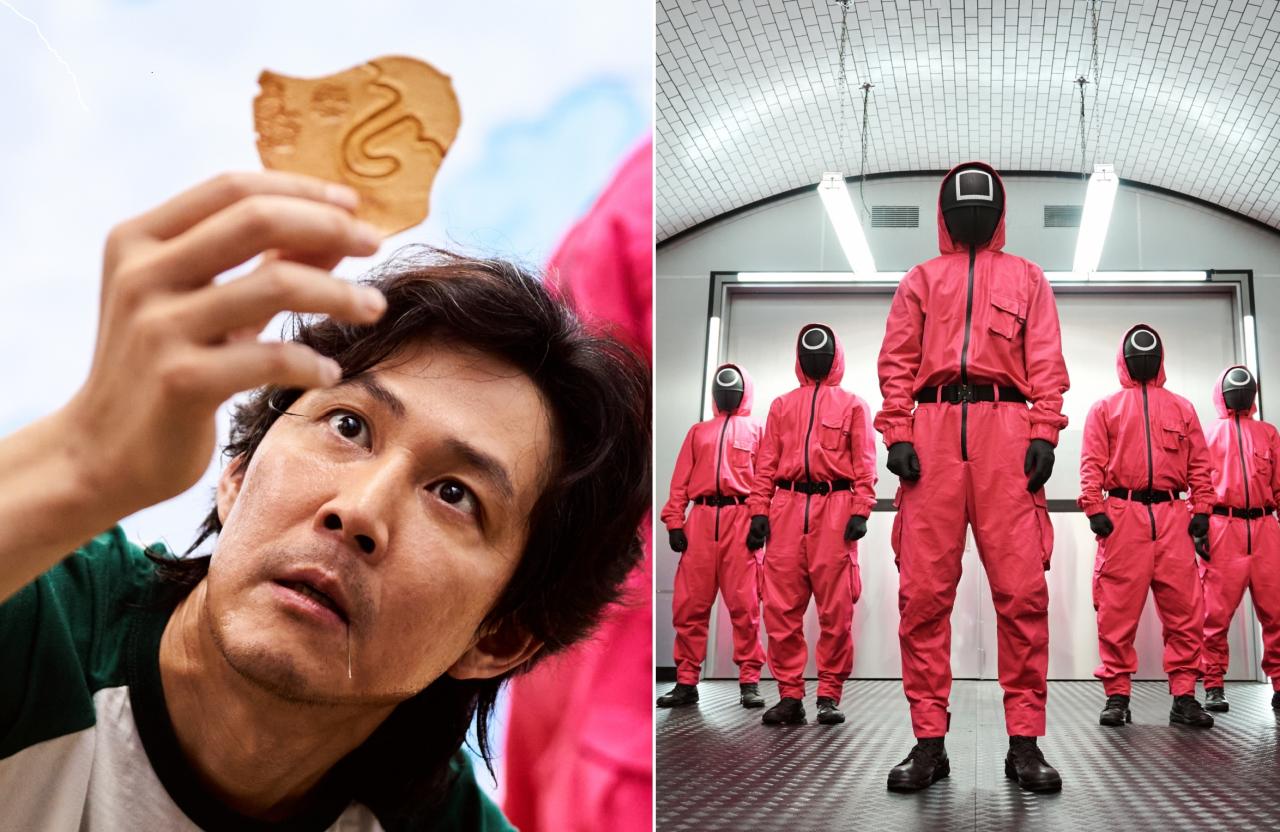Squid Game Histoire Vraie? The wildly popular Netflix series sparked intense debate: is it a reflection of harsh realities in South Korea, or pure fiction? This exploration dives into the socio-economic conditions that fuel the show’s dark themes, comparing the fictional games to real-life struggles with debt and inequality. We’ll also examine the show’s global impact and the persistent rumors claiming it’s based on a true story.
We’ll unpack the show’s success, analyzing its captivating narrative and exploring similar themes in other media. We’ll consider the ethical implications of its portrayal of violence and competition, and finally, debunk the myths surrounding the show’s supposed connection to real-life events. Get ready to uncover the truth behind the hype.
South Korea’s Economic Landscape and Squid Game

The global phenomenon Squid Game, while fictional, tapped into anxieties surrounding South Korea’s socio-economic realities. The show’s brutal depiction of debt-ridden individuals competing for survival resonated with audiences worldwide, sparking discussions about economic inequality and the pressures faced by many in South Korean society. This analysis explores the connections between the show’s narrative and the actual conditions in South Korea, examining the portrayal of poverty, the prevalence of high-interest debt and gambling, and the broader cultural context of survival narratives in popular media.
South Korean Debt and Economic Inequality

South Korea’s economic success story is often overshadowed by a stark reality: significant economic inequality and a pervasive culture of debt. High levels of household debt, fueled by factors such as competitive education costs, pressure to maintain appearances, and readily available high-interest loans, contribute to a vulnerable population susceptible to financial hardship. Gambling, while illegal in many forms, also plays a significant role in exacerbating financial difficulties for many.
So you’re wondering about “Squid Game histoire vraie”? While the show’s fictional, the desperation it portrays is real. Think about the lengths people go to for survival; it’s a stark contrast to the sophisticated technology used in things like the magura v5 sea drone , which explores the ocean depths for research. But both, in their own way, highlight human ingenuity and the extremes we can reach.
The intense pressure to succeed academically and professionally often leads to burnout and mental health issues, further complicating the economic struggles of many individuals and families.
Squid Game‘s portrayal of desperate individuals driven to participate in deadly games to escape crippling debt reflects this harsh reality. While the show’s depiction is extreme, it highlights the desperation some face when traditional avenues for financial relief prove inadequate. The show’s exaggerated scenarios serve as a stark metaphor for the real-life pressures faced by those struggling with debt and economic insecurity in South Korea.
So you’re wondering about “Squid Game histoire vraie”? While the show’s fictional, the desperation it portrays is sadly real for many. Think about the surveillance aspect – a similar level of remote monitoring could be achieved with advanced tech like the magura v5 sea drone , though obviously not for the same sinister purposes. Ultimately, “Squid Game histoire vraie” highlights the harsh realities that can drive people to extreme measures.
| Fictional Squid Game Scenario | Real-Life Economic Hardship |
|---|---|
| Participating in deadly games for a large sum of money to pay off debt. | Facing bankruptcy due to overwhelming medical bills or high-interest loans. |
| Competing for survival against others in desperate circumstances. | Struggling to secure stable employment and affordable housing. |
| Loss of everything due to failure in the games. | Homelessness or extreme poverty due to financial ruin. |
Survival Games and Exploitation in Popular Culture, Squid game histoire vraie

The theme of survival games and exploitation is not unique to Squid Game. Numerous books, films, and games explore similar narratives, often serving as social commentary on societal issues. Examples include the Hunger Games series, Battle Royale, and various dystopian novels and films. These narratives often reflect anxieties about social inequality, political oppression, and the dehumanizing effects of unchecked competition.
The enduring appeal of these stories stems from several factors, including the exploration of human nature under extreme pressure, the vicarious thrill of witnessing high-stakes competition, and the underlying social commentary they offer. However, the ethical implications of portraying extreme violence and competition are significant, prompting discussions about the potential desensitization of audiences and the normalization of harmful behaviors.
- Moral Dilemmas in Squid Game and Similar Works:
- The justification of violence for survival.
- The ethical implications of exploiting vulnerable individuals for entertainment.
- The blurred lines between consent and coercion in extreme competition.
- The responsibility of creators in portraying such themes responsibly.
The Appeal and Impact of Squid Game’s Narrative

Squid Game‘s global success can be attributed to several key factors: its compelling narrative, relatable characters, and its unflinching portrayal of social issues. The show’s simple yet effective game designs, the high stakes, and the unexpected twists kept viewers engaged. The cultural significance of the show’s setting in South Korea added a layer of authenticity and resonated with audiences familiar with the country’s culture.
Furthermore, the show’s depiction of economic disparity and social inequality sparked widespread conversations about these critical issues.
- Criticisms and Praises:
- Criticism: Excessive violence, glorification of violence, simplistic portrayal of complex social issues.
- Praise: Thought-provoking commentary on social inequality, compelling characters, suspenseful narrative, innovative game designs.
The imagery of the show, particularly the stark contrast between the vibrant children’s games and the brutal reality of their consequences, powerfully underscores the show’s central message about the desperation and inequality driving the characters’ actions. The visually striking scenes, such as the red light, green light game, with its slow-motion tension and sudden violence, and the marble game, highlighting the betrayal and ruthlessness, contributed to the show’s overall impact.
Exploring the “True Story” Claims Surrounding Squid Game
Following the show’s immense popularity, rumors circulated online claiming Squid Game was based on true events. These claims often involved distorted accounts of real-life incidents or fabricated stories. The rapid spread of misinformation through social media platforms amplified these rumors, blurring the lines between fiction and reality. Fact-checking websites and news outlets actively worked to debunk these claims, highlighting the dangers of unchecked information dissemination.
| Date | Event | Description |
|---|---|---|
| October 2021 | Spread of “True Story” Rumors | Social media posts and articles falsely claimed Squid Game was based on real events. |
| November 2021 | Fact-Checking Efforts | News outlets and fact-checking websites debunked the rumors, highlighting the lack of evidence. |
| December 2021 | Continued Online Circulation | Despite debunking efforts, the rumors continued to circulate on social media. |
Conclusive Thoughts: Squid Game Histoire Vraie
Ultimately, while “Squid Game” isn’t based on a single true story, its resonance stems from its reflection of very real global struggles with debt, inequality, and the desperation they can breed. The show’s popularity highlights a collective fascination with survival narratives and the dark side of human nature under pressure. By examining the show through the lens of socio-economic realities, we gain a deeper understanding of both the show’s impact and the very real issues it reflects.
FAQ Compilation
Was anyone actually killed playing these games?
So, you’re into the “Squid Game histoire vraie” debate? It’s fascinating how a fictional show reflects real-world anxieties. Thinking about societal pressures, it’s interesting to consider how new regulations impact our lives, like the recently updated new drone rules Canada which show how governments try to manage technological advancements. Just like the games in Squid Game, navigating these new rules requires strategy and awareness, and ultimately understanding the consequences of our actions, whether it’s flying a drone or participating in a deadly competition.
No. The games depicted in Squid Game are fictional. There are no documented cases of similar deadly games occurring in real life.
What inspired the creators of Squid Game?
The creators drew inspiration from various sources, including South Korean socio-economic issues, existing survival game narratives, and classic children’s games. It’s a blend of inspiration, not a direct adaptation of a single event.
Are there any real-life parallels to the show’s themes?
Yes. The show reflects real-world issues like extreme debt, economic inequality, and the desperation some people face. While the games are fictional, the underlying social problems are not.
